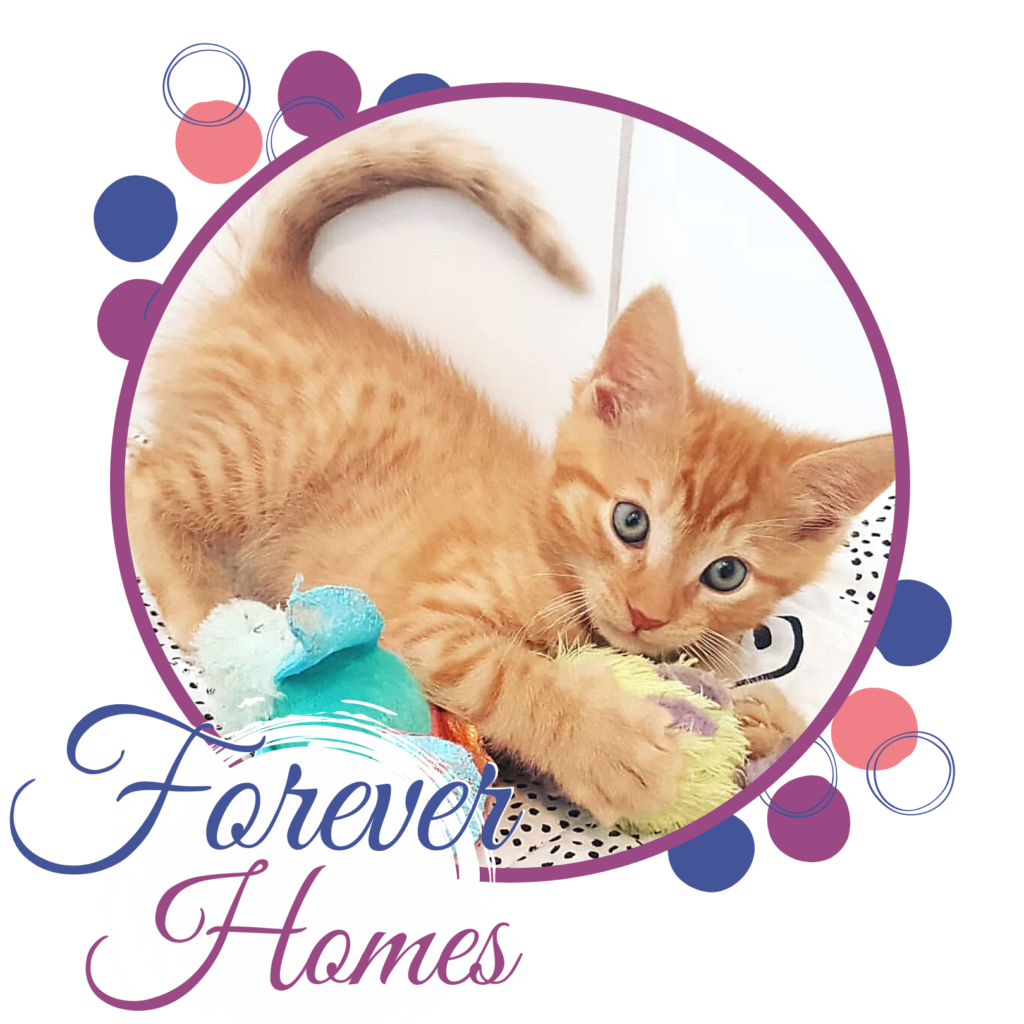
Adopt Don't Shop
If you are here to find out more information on adoption, we applaud you. By adopting a rescue animal, you will change their life for the better and help us in our mission to find loving forever homes for hundreds of deserving animals each year.
We regularly get beautiful feedback from those who adopt from us, that adopting was the most rewarding experience of their lives.
Saving a pet and welcoming them into your heart and home will bring so much joy and companionship to both you and your new fur kid. We have a strict adoption process is to ensure that you are matched to the right companion animal for your lifestyle so that both you and your new fur friend will have a successful and lasting friendship.
We ask that you firstly summit an online application to help us in determining if there is a potential match between you and the animal that you wish to enquired about. Following this, potential matches are then contacted over the phone to discuss more and to arrange an in-home meet and greet at the foster carers home so that you can meet your potential new fur friend in an environment that is familiar and safe to them.
Our adoption process is not a first in best dressed scenario and we allow multiple applicants to meet our animals to ensure we make the best decisions for their futures.
Adopt an animal, save a life and add to your loving family today!
Adoption Application
Things to Consider
- Are you looking for a companion for your child or a dog to exercise with? What you want to adopt can help you determine the species and breed that will fit your lifestyle.
- When you adopt a pet, you are making a commitment to care for the pet for the rest of its life. This can be up to 20 years. For a shorter commitment, consider adopting an older pet.
- How much time and space you have. Dogs and cats need exercise, play and companionship every day.
- Food, veterinary care, pet licence and other supplies will be a consistent expense
- Have all necessary supplies ready for your dog or cat – food, bowls, leash or harness, collar, brush, toys, scratching posts, bed, crates, litter box.
- Put away household chemicals such as cleaners, insecticides and antifreeze.
- Place houseplants out of reach – some are poisonous to animals.
- Keep potentially harmful household items out of reach including garbage, medicine, pins, elastics, thread, needles, etc.
- Have separate areas for your new pet and existing pets. Pets need to be introduced to one another slowly.
- Keep doors closed including the doors to your washer and dryer, closets and cupboards
- Learn everything you can about your pet's specific physical and behavioural needs - dietary, health, housing and general care.
- Provide appropriate nutrition and ensure access to clean drinking water everyday.
- Provide appropriate and comfortable housing and shelter that is clean, free from parasites and warm.
- Exercise your pet regularly, according to their needs or requirements.
- When training your pet use kindness and reward-based training
- Involve positive reinforcement at all times.
- Provide environmental enrichment to prevent boredom.
Look who is available for Adoption
Adoption FAQ
Yes. All of our cats/kittens have been desexed before they they are adopted out to their forever homes.
Immunisations are started at 6-8 weeks of age and are repeated every 3-4 weeks until the kitten is 4 months old, they are to give your cat/kitten to best healthy start in life. The routine or core vaccinations will protect your kitten and cat from the most common diseases: feline distemper (panleukopenia), feline viral rhinotracheitis (feline herpes virus 1), calicivirus, and rabies.
We will ensure they have their vaccinations up until you adopt, it will be your responsibility to ensure your new pet is up to date with any vaccinations.
We will be able to provide you with as much information as possible on their background and how they have come into our care. In many cases, it may be difficult to know as some may have been abandoned or been on the streets.
Pets are re-homed for all kinds of reasons, so we ask you to try to stay objective when faced with a response.
For example, if a cat was surrendered for scratching furniture, it doesn’t mean he’s a bad cat. However, you should evaluate whether you’re prepared to invest the time and energy in correcting this behaviour
Knowing and understanding why a cat/kitten was surrendered to us may help you anticipate and prepare for any potential problems that may arise when integrating him into your family and home.
Remember, they all need to love and attention to grow and learn.
This is a great question if you have or are planing on getting more pets.
All of out cats/kittens have been in foster care for a period of time. In some foster care homes allows us to preform behaviour tests to see whether the cats/kittens in their care are reactive to other animals. This may not always be the case though, we will try our best to match the right personalities to multi animal homes & provide support to new owners on how to do a slow introduction to existing pets.
Alternative fostering a cat is another option. You’ll be able to see if the cat fits into your home before formally adopting. In the unlikely event that he or she is not a fit for your family, you will be able to provide valuable insight to their temperament and behaviour so we can find the right home to adopt to.
Knowing this answer will certainly save you from any surprises when you get home.
If your cat is not trained, you should ask yourself if you're willing to have a good litter training plan to help with training your new pet.
Don't let this be a deal breaker, with time and patients, your new pet will be using their litter trays.

Provide a Loving Home
Donate Today
- Help save a life
- Help with Food
- Help with bedding
- Help with vet care
- Help with rehilbilation
Amazing Feedback

David Eckert

Fiona Lamb

Zachary Kendal

